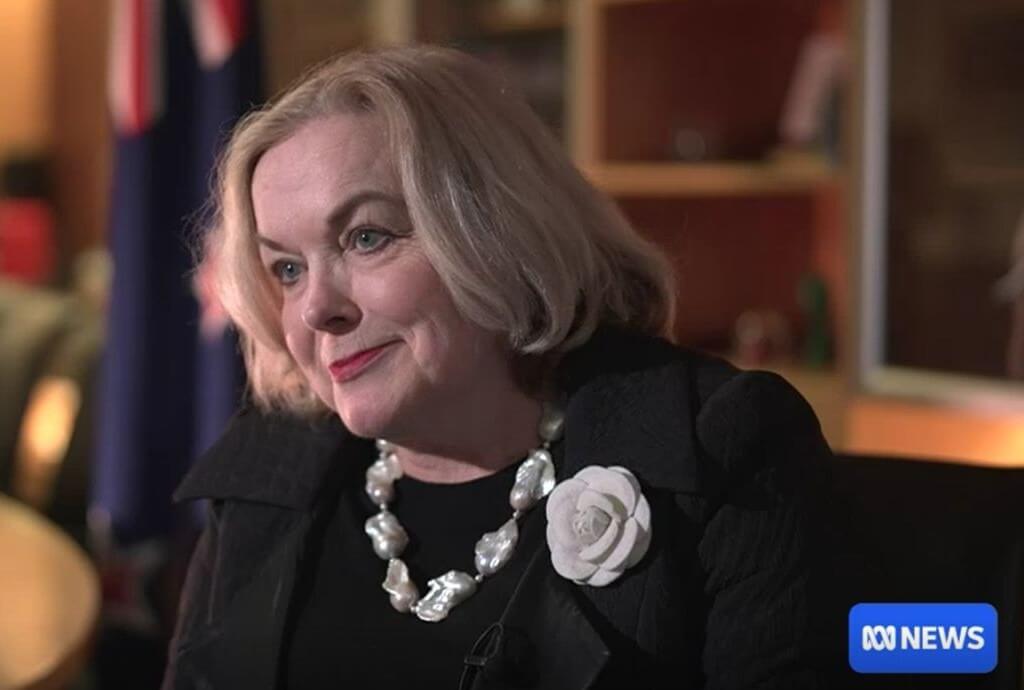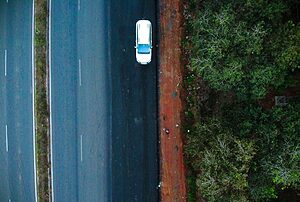Summarised by Centrist
Resources minister Shane Jones has doubled down on the government’s pro-mining strategy.
Vowing to lift regulatory barriers, including those on conservation land, ahead of the 2026 election, the plan aims to double mineral exports to $3 billion.
“We are not going to sit around and read poetry to rare lizards, whilst our current account deficit goes down the gurgler,” he told The Guardian.
Coal and gold have been added to the “critical minerals” list, and 11 new mining proposals are under consideration via the government’s controversial fast-track law.
Passed in 2024, the fast-track regime streamlines approvals for projects deemed nationally significant, bypassing normal environmental safeguards and public consultation.
Critics say it revives “zombie” proposals – including seabed mining in Taranaki and a goldmine near the Archey’s frog habitat – that were previously rejected by the courts.
Forest & Bird CEO Nicola Toki accused the government of declaring a “war on nature”.
Jones likened conservationism to “religiosity,” saying the country can no longer afford to “venerate snails and other critters” while importing the very resources it could produce locally. “It generates GST, it generates pay, it generates jobs,” he said, framing mining as both a fiscal and moral imperative.
Massey University professor Glenn Banks questioned the inclusion of coal and gold as “critical” minerals, calling it out of step with international definitions.
“You’ve met your match in me,” Jones said of his critics.



















